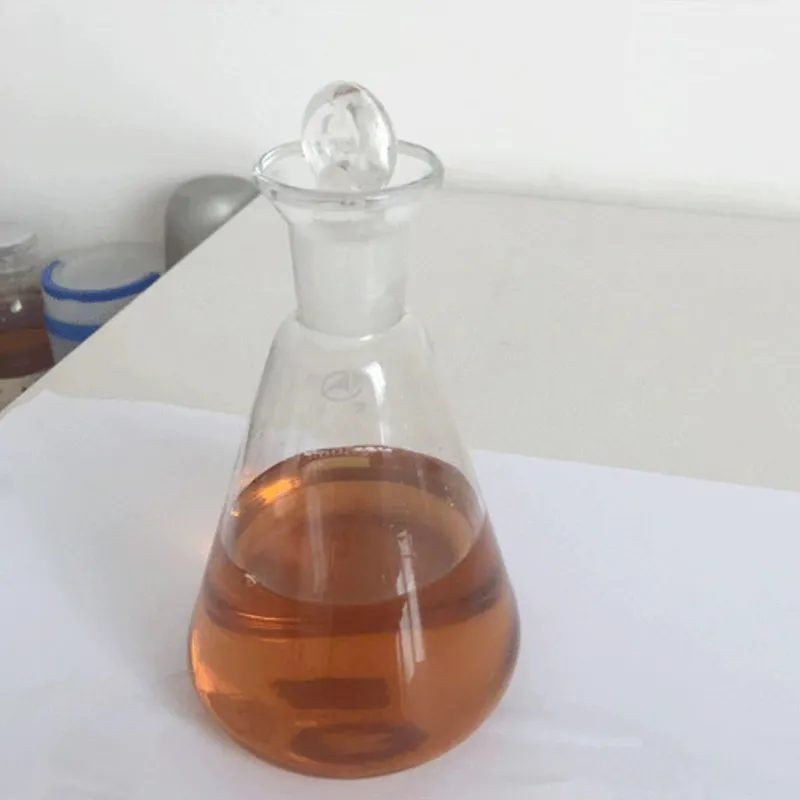
additives
The Role of Additives in Modern Food Production
In the realm of food production, additives play a critical role, influencing not only the quality and safety of our food but also enhancing its visual appeal, flavor, and shelf life. As consumer preferences shift toward more convenient and longer-lasting options, the use of food additives has become increasingly pervasive. This article explores the various types of food additives, their functions, and the implications of their use.
Food additives can be broadly categorized into several types, including preservatives, flavor enhancers, colorings, emulsifiers, and stabilizers. Each category serves a specific purpose, ensuring that the food we consume is safe, appealing, and palatable.
Preservatives are perhaps the most well-known type of food additive. Their primary function is to prolong the shelf life of products by preventing spoilage caused by microorganisms such as bacteria, molds, and yeast. Common preservatives include sodium benzoate and potassium sorbate. While they extend the longevity of food items, their use has raised concerns regarding potential health impacts. Regulatory bodies like the FDA monitor levels of these additives to ensure that they remain within safe limits.
Flavor enhancers are another significant category, designed to improve or modify the taste of food. Monosodium glutamate (MSG) is a popular example that has often been subject to scrutiny. While some consumers report sensitivity to MSG, scientific studies have largely deemed it safe for consumption. Flavor enhancers, when used judiciously, can transform bland meals into flavorful experiences without requiring vast amounts of salt or sugar, thus contributing to a better tasting yet healthier diet.
additives

Colorings are employed to make food more visually appealing, often influencing consumer choices based on appearance alone. Natural colorants, such as beet juice or turmeric, are increasingly favored over synthetic dyes due to rising health-consciousness among consumers. This shift reflects a broader trend toward transparency in food labeling, with many consumers actively seeking out products free from artificial colors or flavors.
Emulsifiers and stabilizers are crucial in the production of several food items, especially in processed foods where uniform texture is vital. Ingredients like lecithin help blend oils and water, maintaining consistency in products like mayonnaise and salad dressings. Stabilizers can prevent the separation of ingredients, ensuring that every spoonful of a product delivers the same experience.
However, the widespread use of food additives has not come without controversy. Many consumers are becoming increasingly wary of processed foods laden with additives, often preferring organic or minimally processed alternatives. This shift has spurred a movement advocating for “clean label” products—foods that are free from artificial additives and contain simple, recognizable ingredients.
The movement toward transparency and minimalism in food production has prompted manufacturers to rethink their use of additives. With the rise of technology and scientific advancements, many producers are now experimenting with natural alternatives that can provide similar benefits while not compromising on consumer expectations for wholesomeness.
In conclusion, food additives are an integral part of modern food production, serving essential functions that address safety, flavor, and shelf life. While ongoing debates about their health implications persist, informed consumers now seek balance—understanding that not all additives are harmful and that, in moderation, many can significantly improve the overall quality of food. As the food industry evolves, so too will the conversation around additives, with an inevitable focus on transparency and the pursuit of healthier alternatives. In this dynamic landscape, the future of additives will be shaped by both science and the informed choices of consumers.
-
Pure Sodium Dichloroisocyanurate Dihydrate | Powerful DisinfectantNewsAug.29,2025
-
Industrial Chemicals: Quality & Purity for Every IndustryNewsAug.28,2025
-
Nitrile Rubber Honoring Strict Production StandardsNewsAug.22,2025
-
Aspartame Ingredients Honoring Food Safety ValuesNewsAug.22,2025
-
Fertilizer for Balanced Plant NutritionNewsAug.22,2025
-
Cyanide Gold Processing with High Purity AdditivesNewsAug.22,2025
-
Formic Acid in Textile Dyeing ApplicationsNewsAug.22,2025
Hebei Tenger Chemical Technology Co., Ltd. focuses on the chemical industry and is committed to the export service of chemical raw materials.
-

view more DiethanolisopropanolamineIn the ever-growing field of chemical solutions, diethanolisopropanolamine (DEIPA) stands out as a versatile and important compound. Due to its unique chemical structure and properties, DEIPA is of interest to various industries including construction, personal care, and agriculture. -

view more TriisopropanolamineTriisopropanolamine (TIPA) alkanol amine substance, is a kind of alcohol amine compound with amino and alcohol hydroxyl, and because of its molecules contains both amino and hydroxyl. -

view more Tetramethyl Thiuram DisulfideTetramethyl thiuram disulfide, also known as TMTD, is a white to light-yellow powder with a distinct sulfur-like odor. It is soluble in organic solvents such as benzene, acetone, and ethyl acetate, making it highly versatile for use in different formulations. TMTD is known for its excellent vulcanization acceleration properties, which makes it a key ingredient in the production of rubber products. Additionally, it acts as an effective fungicide and bactericide, making it valuable in agricultural applications. Its high purity and stability ensure consistent performance, making it a preferred choice for manufacturers across various industries.





